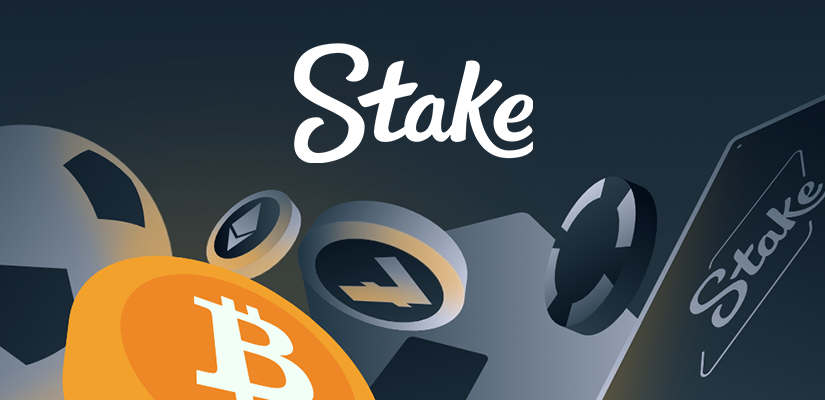Blockchain security experts are raising eyebrows over a significant event that unfolded on September 4th when crypto gambling site Stake experienced a massive $41 million withdrawal. Etherscan has flagged the account responsible as “Stake.com Hacker,” suggesting a potential breach involving a stolen private key.
Blockchain data reveals substantial withdrawals from Stake.com contracts to the attacker’s account. The first Ethereum transaction occurred at 12:48 pm, moving around $3.9 million worth of Tether (USDT) from Stake to the hacker’s wallet.
Subsequent transactions saw the removal of Ether (ETH) valued at nearly $9.8 million, as well as various other tokens, bringing the total drained cryptocurrency value to around $16 million.
After the withdrawals, the alleged attacker distributed the funds across multiple accounts. Stake confirmed the security breach, stating, “Unauthorized transactions were initiated from Stake’s ETH/BSC hot wallets.” They are actively investigating and assuring users that their funds remain secure.

Beosin, a smart contract auditing firm, reported that the attack extended to other blockchain networks, including Binance Smart Chain (BSC) and Polygon. An additional $7.8 million was lost on Polygon, and $17.8 million on BSC, bringing the total losses to over $41 million.
The rising popularity of centralized gambling platforms has even drawn the attention of traditional fiat and cash gambling enthusiasts, who are increasingly turning to cryptocurrencies for their gambling experiences. Consequently, this expanding user base places a considerably larger number of individuals at the mercy of these platforms’ security measures.
While this incident appears to have been effectively managed by Stake and was beyond the control of its users, it’s worth noting that the response taken is not the typical or straightforward approach when dealing with such a devastating attack. Many other platforms might have chosen to shut down entirely in the aftermath of such a breach.
In an ideal scenario, the development of a fully decentralized gambling platform could potentially eliminate the possibility of hacks altogether. Decentralization often provides enhanced security by reducing single points of failure and minimizing the reliance on centralized servers. However, achieving a fully secure and decentralized gambling platform presents its own set of challenges and complexities.
Follow us on Twitter for more news and industry insight:

















